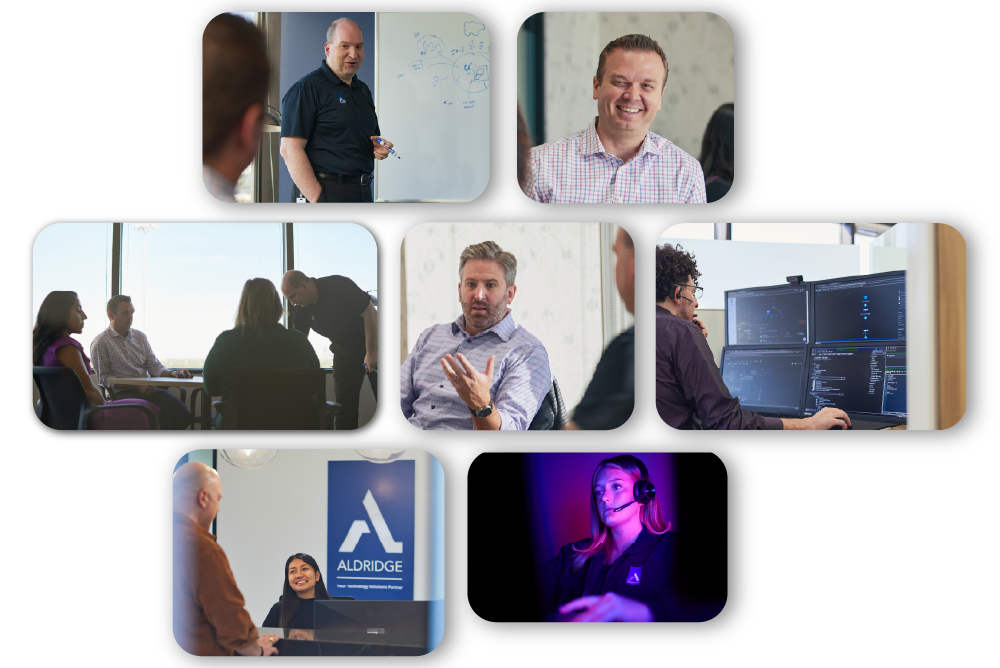Artificial Intelligence stands out as a force that is reshaping the way we work and redefining the relevance and value of certain skills.
Is AI Going to Drive Change?
As I’m sure you’ve already anticipated, and have already seen, yes, AI will drive change.
AI will drive change the same way any technological innovation has changed business. Advancements in computing have changed how we do math, from a chalkboard to excel; AI will follow the same trajectory. We still need math, it hasn’t fundamentally changed how it works; however, the skills required to do it efficiently have changed.

How AI Will Change Business
The Decline of Repetitive Tasks
One of the most immediate effects of AI is the automation of repetitive tasks. Previously, workers spent significant amounts of time on tasks that required little creativity or critical thinking. AI systems are now capable of performing these tasks with accuracy and speed.
Reshaping Skill Relevance
The rise of AI is not merely limited to automation; it’s also changing the very fabric of the job market and the skills that are in demand. AI’s ability to perform routine tasks more efficiently than humans is reshaping the expectations for certain skills.
- Creativity and Innovation: In an AI-driven world, skills related to creativity, innovation, and ideation become increasingly valuable. AI can analyze data and perform routine tasks, but it can’t come up with groundbreaking ideas or understand the nuanced subtleties of human emotions and cultural contexts.
- Problem-Solving: AI can provide data-driven insights, but it’s humans who must make sense of this information, identify problems, and develop strategic solutions. Problem-solving skills, especially those that involve complex, non-standard situations, are at a premium.
- Emotional Intelligence: While AI can recognize patterns in data, it can’t comprehend human emotions or form genuine connections. Jobs requiring empathy, interpersonal skills, and emotional intelligence are not easily automated, making them highly valuable.
Changing Efficiency and Competitiveness
The integration of AI in business operations is forcing companies to adapt to new standards of efficiency and competitiveness. With AI’s ability to process vast amounts of data, derive insights, and optimize operations, organizations that fail to leverage AI technologies may find themselves at a significant disadvantage.
- Streamlined Processes: AI-driven automation optimizes workflows, reduces errors, and accelerates decision-making processes. This level of efficiency is not only expected but required for businesses to remain competitive.
- Data-Driven Decision-Making: AI provides a treasure trove of data-driven insights that organizations can use to make more informed decisions. Businesses that harness AI to inform their strategies are better positioned to succeed.
- Personalization and Customer Experience: AI helps in tailoring customer experiences by analyzing individual preferences and behaviors. Companies that utilize AI to enhance personalization have an edge in terms of customer satisfaction and loyalty.
AI is undoubtedly a game-changer in the world of work. As we embrace this technology, it’s crucial for individuals and organizations to adapt and prepare for the AI-driven future. By honing creative, problem-solving, and interpersonal skills, we can thrive in an era where AI is a powerful ally, not a threat in our professional lives.
Watch the Full Webinar
We aren’t talking about what AI could maybe do some years down the road. We’re diving into the here and now, delving into the practical ways you can integrate AI into your business operations to unlock its full potential. Watch the full AI Made Simple | Start Transforming Your Business webinar for more AI insights.






